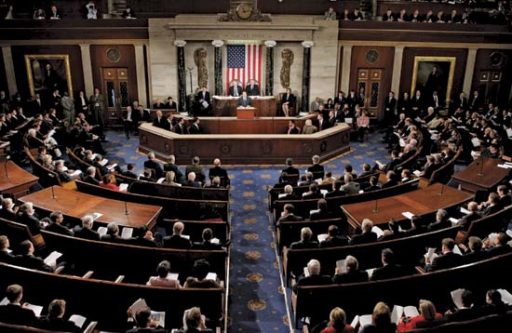A psychologist is claiming that using the popular social networking giant, currently boasting 500 million users, has interesting correlations with self-esteem and narcissism in young adults. The result was arrived at by a survey conducted among 100 college students known to have narcissistic personality traits.
These people’s activities on Facebook were distinctly more self-promotional. They had “About Me” sections that referred to their intelligence and photos that were more about displaying the user’s physical attractiveness than about capturing memories with friends.
Narcissism is defined in this study as “a pervasive pattern of grandiosity, need for admiration and an exaggerated sense of self-importance.”
For the average narcissist, Facebook “offers a gateway for hundreds of shallow relationships and emotionally detached communication.” More importantly for this study, social networking in general allows the user a great deal of control over how he or she is presented to and perceived by peers and other users.
The study postulated that narcissists would show more overall Facebook activity than average users and that their activity would be more self-promotional, either descriptively or superficially. The survey’s results showed “significant positive correlations between narcissism and self-promotional content in the following areas: Main Photo, View Photos , Status Updates and Notes.”
People who scored higher on the study’s narcissism test also spent more time on Facebook and checked it more times each day than their less narcissistic counterparts.
Male narcissists were more self-promotional in their “About Me” descriptions, using this section as an opportunity to highlight their intelligence and wit. Female users with narcissistic tendencies tended to use images in their self-promotion, uploading content that “include[d] revealing, flashy and adorned photos of their physical appearance.”
The researcher notes that this study is intended to be a preliminary look at nonynous social networking, a fairly new field for academic scrutiny. As we abandon the fake avatars and cryptic usernames of years past and begin associating our online identities with our real-world lives, our online activities begin to have more relevance to our true personality traits.
We’ve talked before about how social media relates to self-centered behaviors. Do you think that Facebook is overused by the more self-promotional of your friends? Let us know your opinions in the comments.
Source: Mashable.





I absolutely agree with this article. There are people on there that i knew well were narcissists before there was facebook, and it is their outlet to show everyone how smart-pretty and in general how “great” they are. And the folks that put all sorts of personal information and pictures on there? They are just BEGGING for trouble.